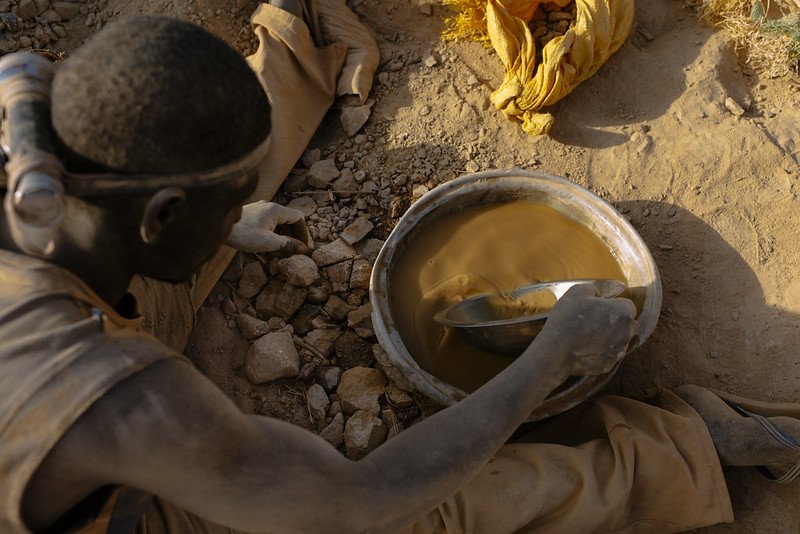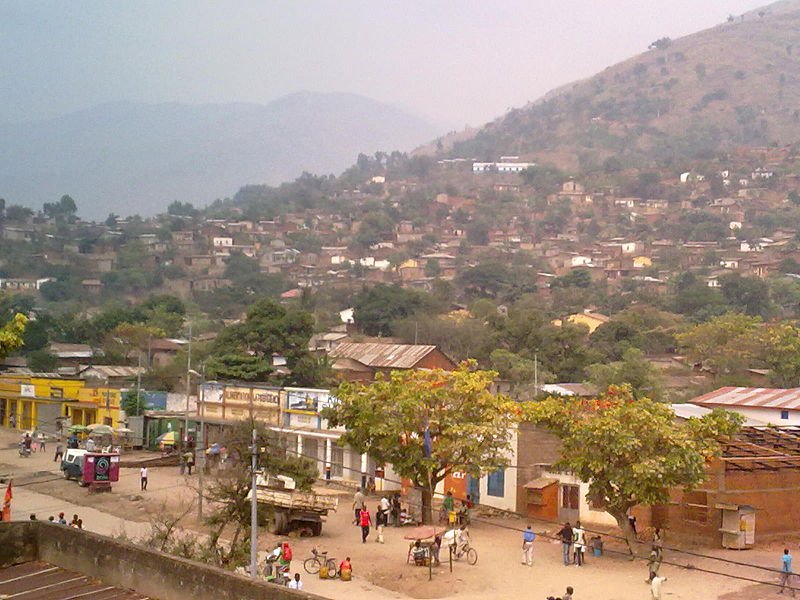Human Rights Due Diligence & Impact Assessment
As set out in the UN Guiding Principles, human rights due diligence is a process for identifying, preventing, mitigating, and accounting for human rights impacts.
As set out in the UN Guiding Principles, human rights due diligence is a process for identifying, preventing, mitigating, and accounting for human rights impacts. This includes both actual impacts occurring in the present and potential impacts that could occur in the future. Human rights due diligence is not an end in itself, but a means to an end, which is respecting human rights and preventing harm. A key component of human rights due diligence is meaningful engagement with stakeholders, particularly rights-holders such as employees, community members, human rights defenders, supply chain workers, and consumers.
The HRDD process includes four core components: identifying and assessing actual or potential adverse human rights impacts that the company may cause, contribute to, or be directly linked to; taking appropriate action and integrating findings from impact assessments across relevant company processes; tracking the effectiveness of measures in order to assess whether they are working; and communicating with stakeholders about how impacts are being addressed and showing stakeholders that there are adequate policies and processes in place.
There are many forms and components of human rights due diligence, including human rights impact assessment, human rights risk assessment, and sector wide impact assessment. Companies may decide to integrate human rights into their existing social impact assessment processes; in any case, the assessment and follow-up needs to be informed by meaningful engagement with rightsholders and rooted in the international human rights framework, rather than being a “tick-box” exercise. While social audits are widely used, they are by no means a surrogate for the human rights due diligence of companies, as they are conceptionally different and often do not effectively identify and prevent impacts like the Rana Plaza disaster. Companies should use a smart mix of due diligence methods, including adjustments to their own purchasing practices and business models, based on the circumstances and level of risk to rightsholders.
While the UN Guiding Principles refer specifically to business projects and activities, including financial investments, HRDD methodologies can also be used to evaluate the human rights impacts of government policies and other projects. At times, communities and NGOs may decide to undertake due diligence themselves and assess the human rights impacts of business activities that have affected their lives.
This page features guidance and tools for conducting human rights due diligence of business activities and economic policies, including human rights impact assessments. For case studies and examples of due diligence in practice, see this page.
Featured Guidance and Tools
DIHR human rights impact assessment guidance & toolbox
Comprehensive guidance on what is HRIA and how to conduct HRIA, with case studies and tools.
NomoGaia: Human rights tools
NomoGaia offers resources on human rights impact assessment, human rights risk assessment, HRIA for different industries, and human rights policies.
Getting It Right HRIA guide
A community-focused methodology piloted by Rights & Democracy.
Human rights due diligence for the tech sector
This HRIA guidance from the Danish Institute for Human Rights' focuses on the impacts of digital activities.
Sector wide impact assessment
Sector wide impact assessment looks at the actual and potential impacts of a specific business sector in a particular geographic context.
Oxfam: Community voice in impact assessment
For due diligence to fulfill its purpose, it much consider the perspectives of everyone affected by a company’s operations, project, products or services, especially community members.



